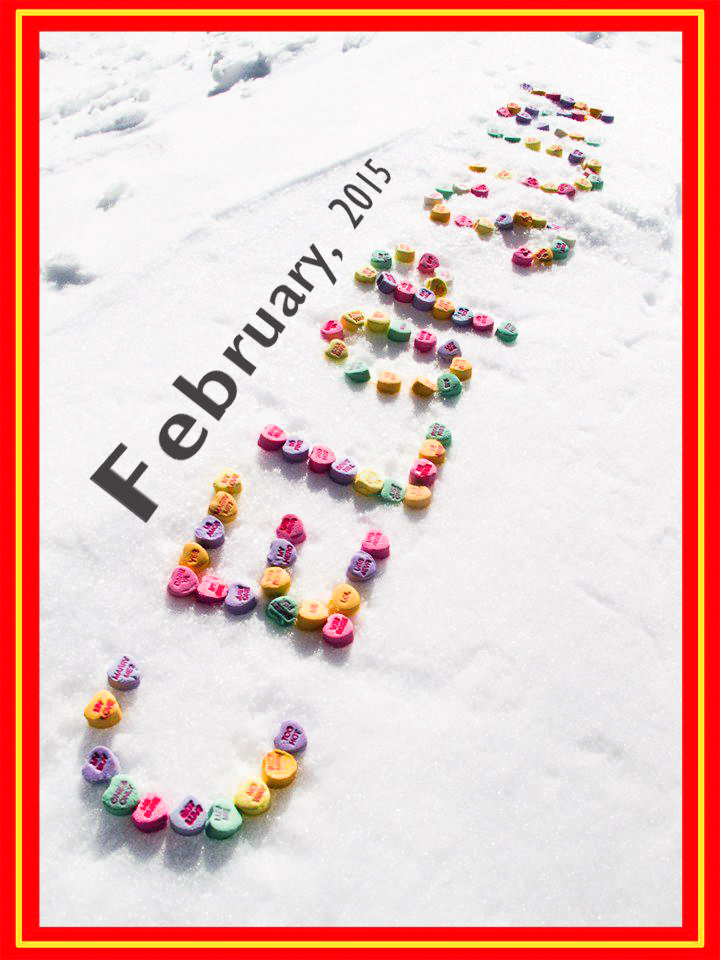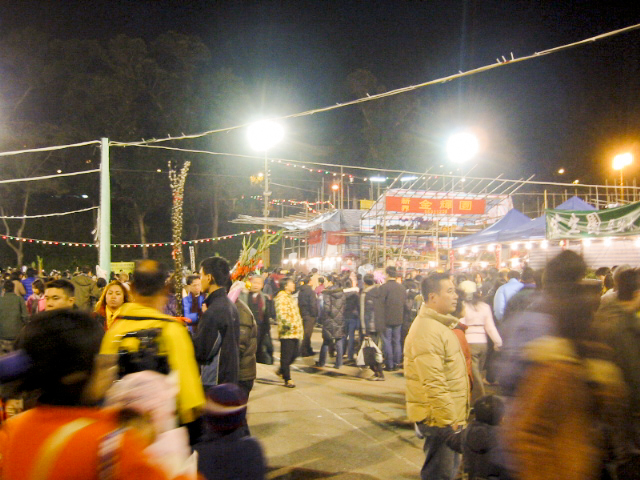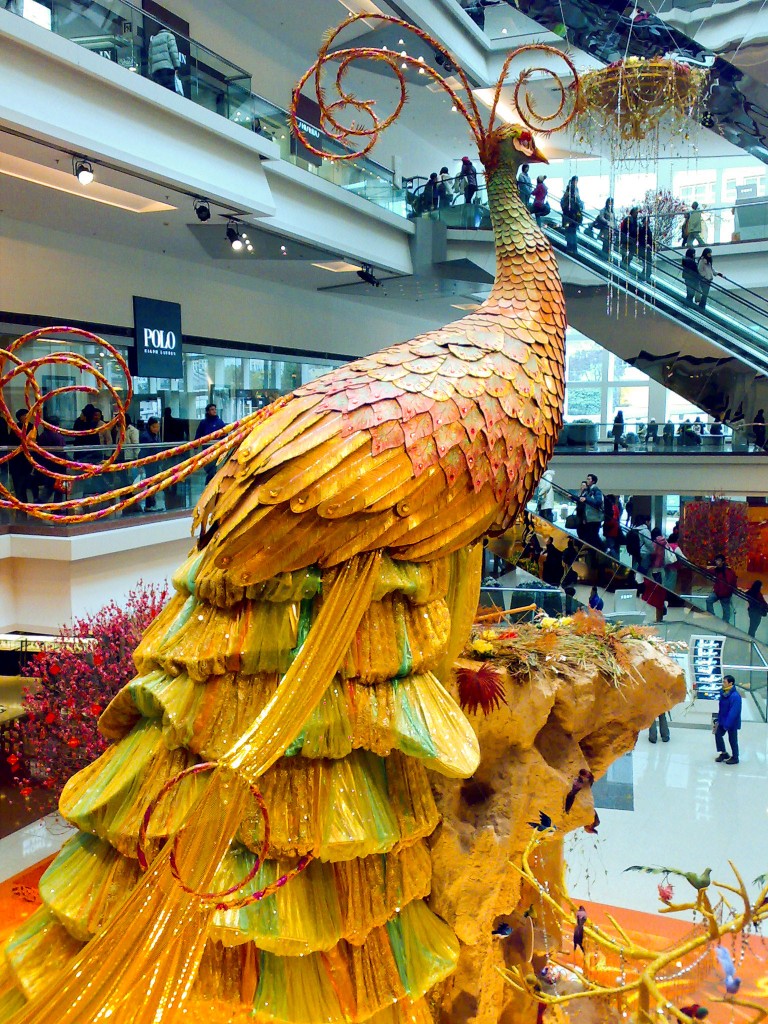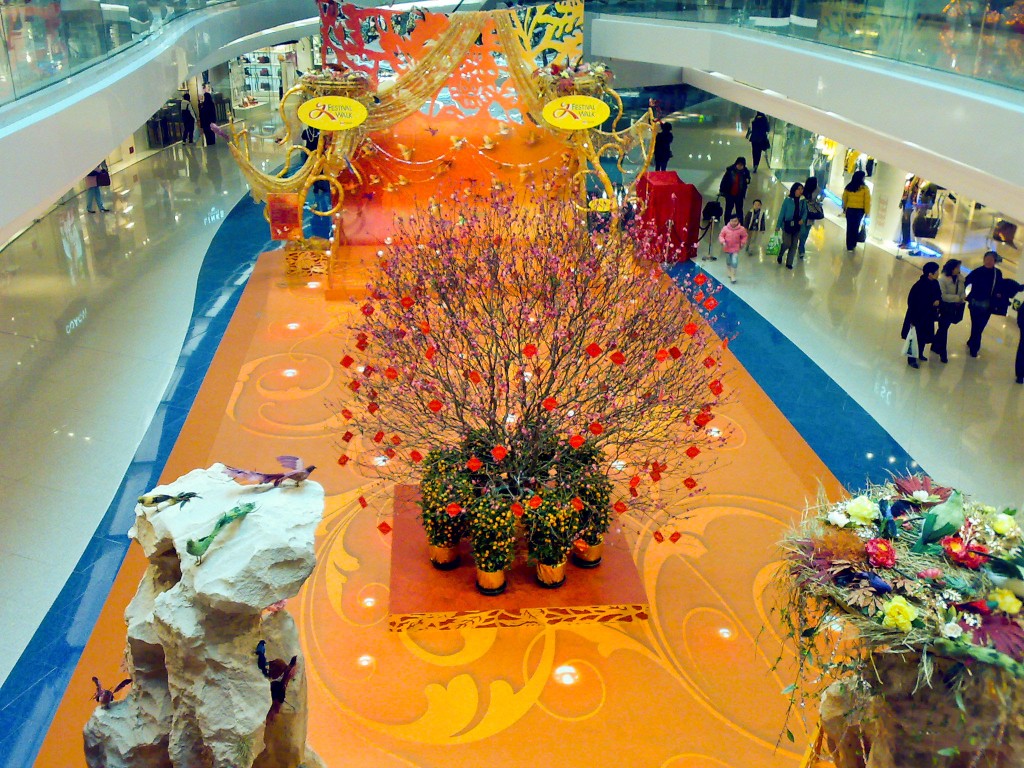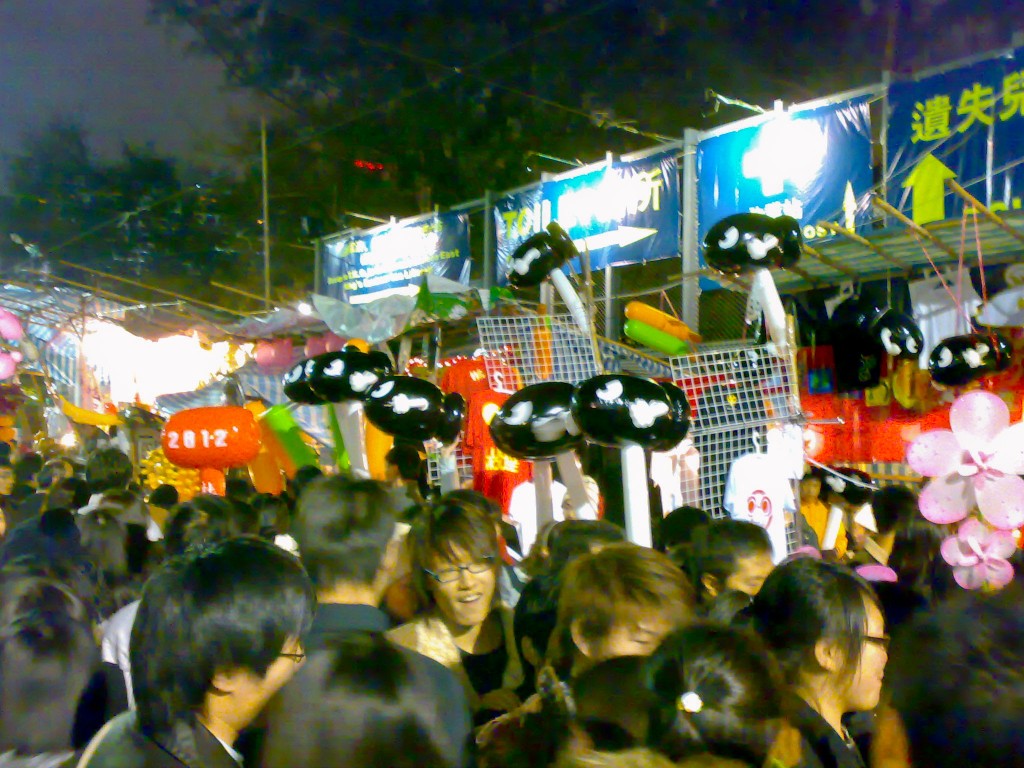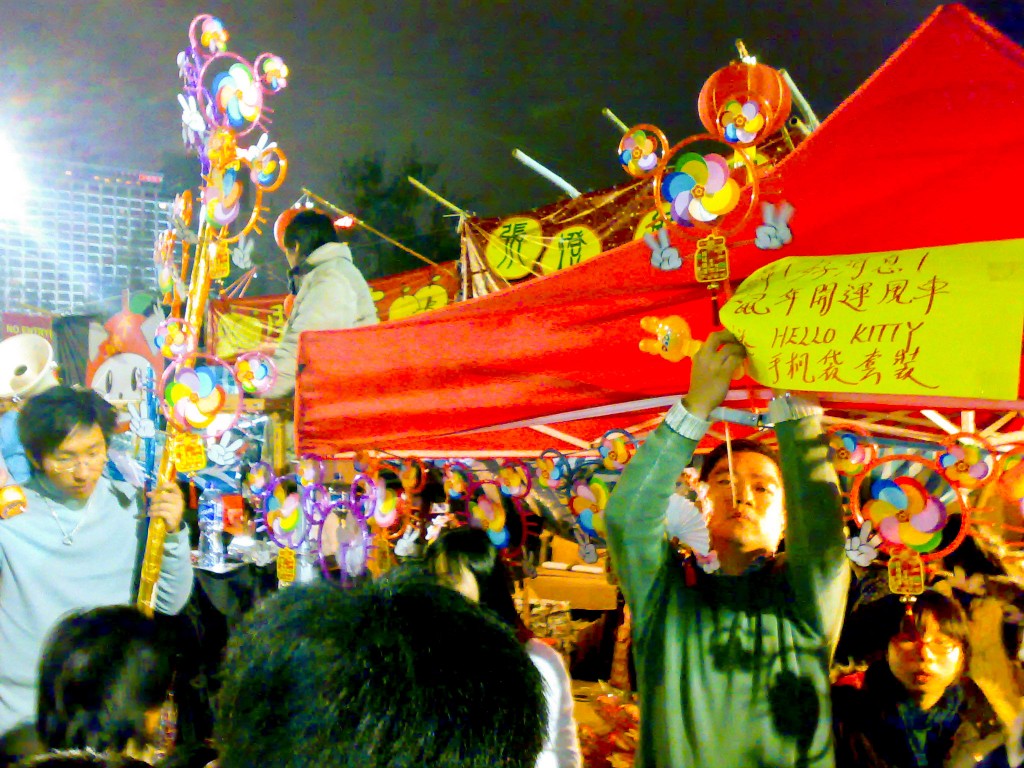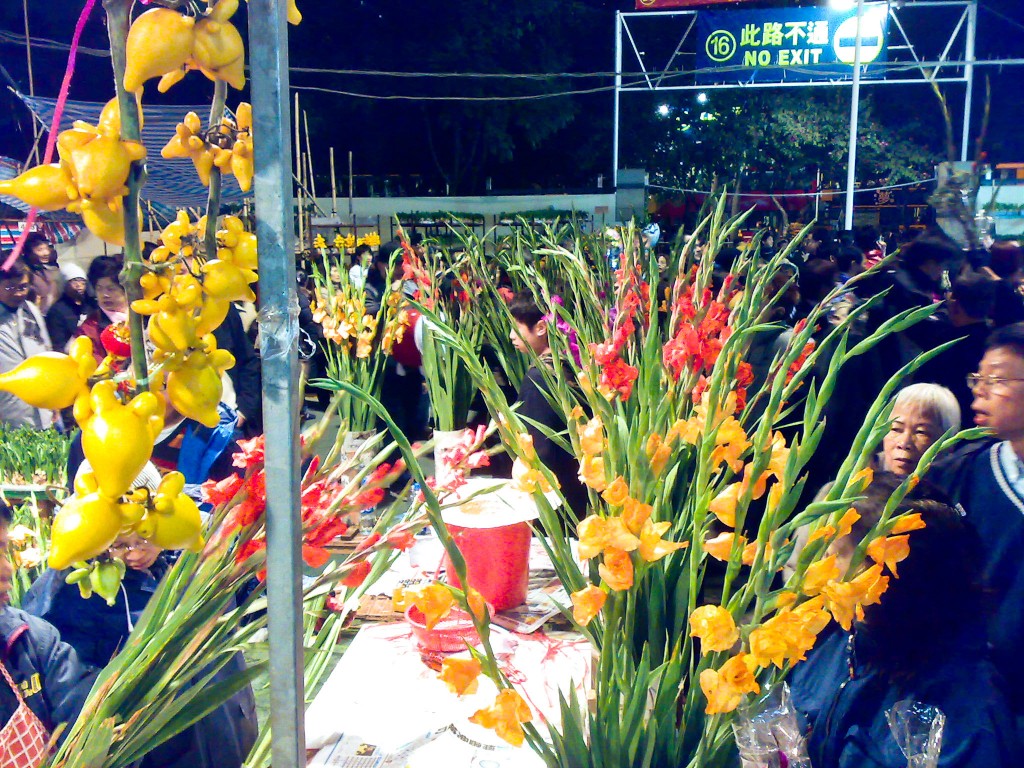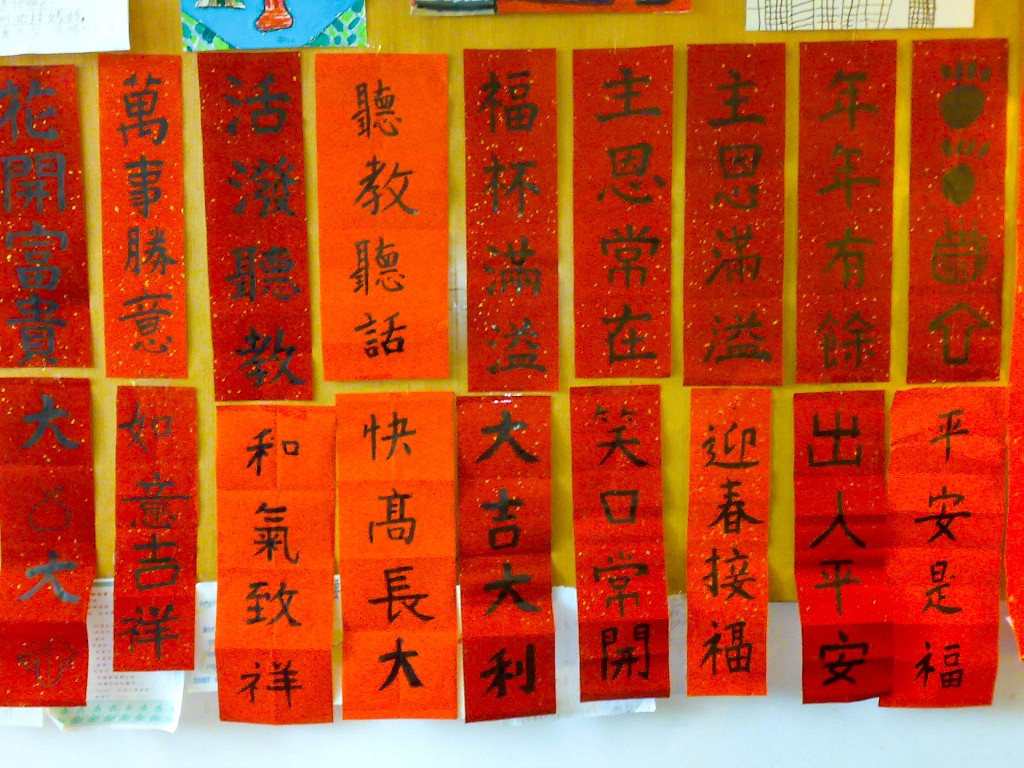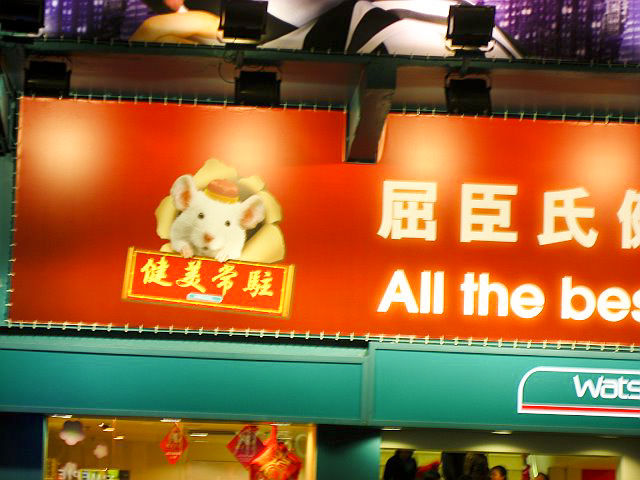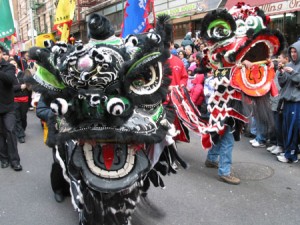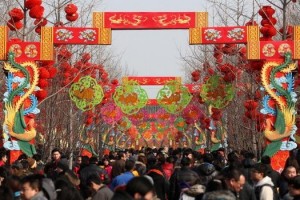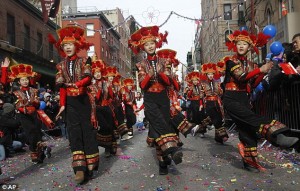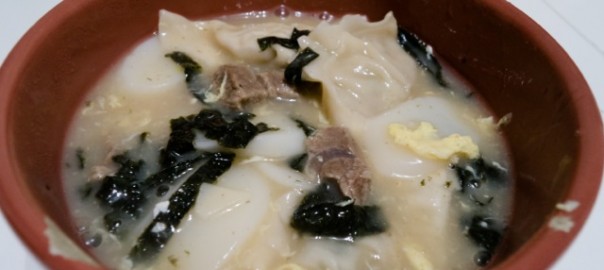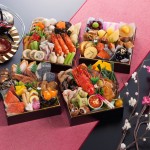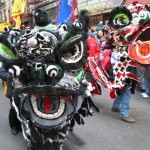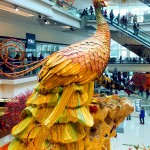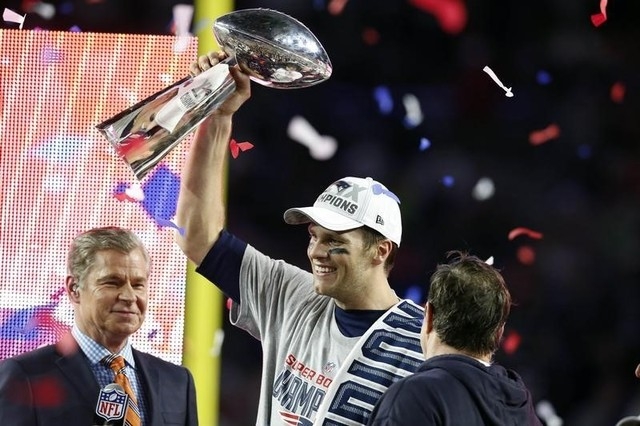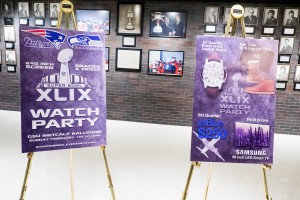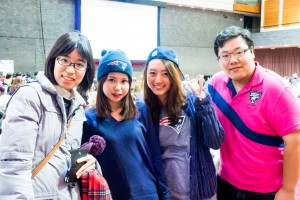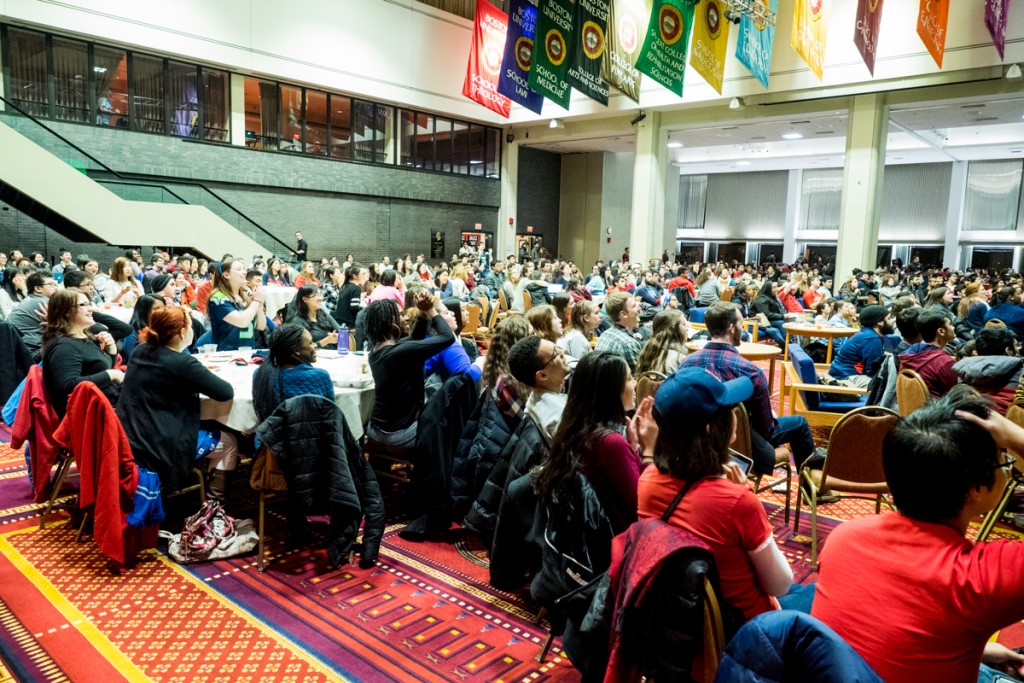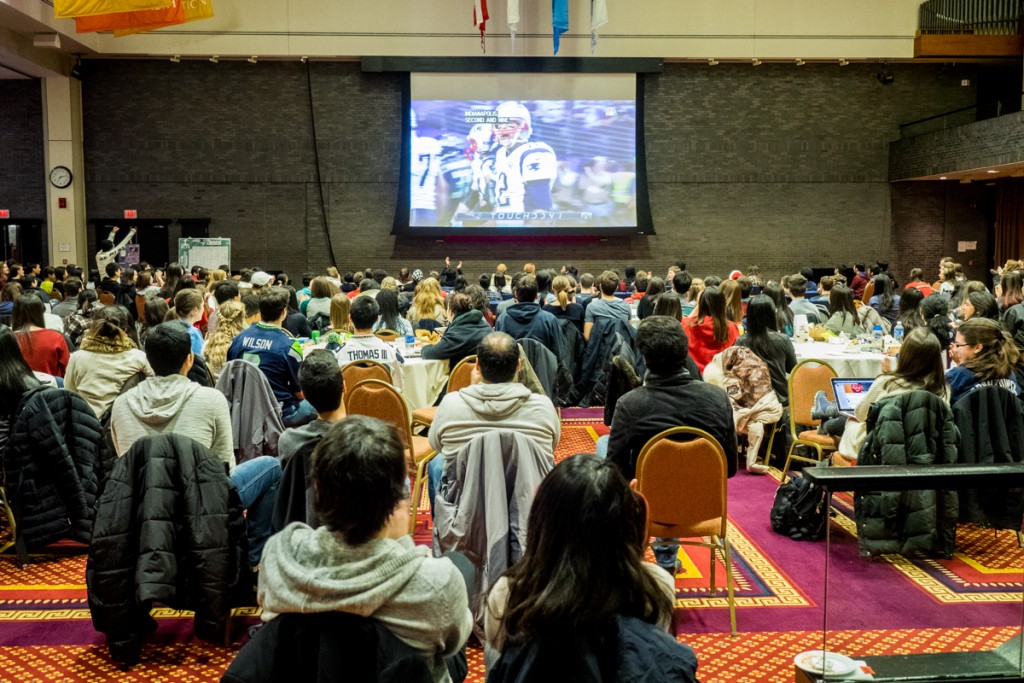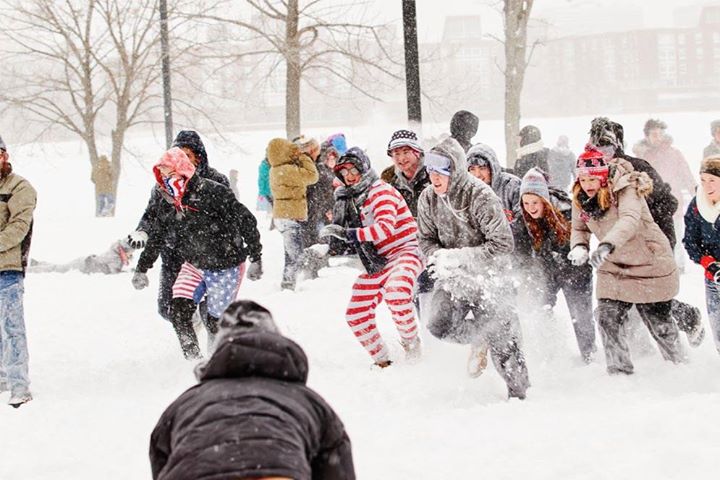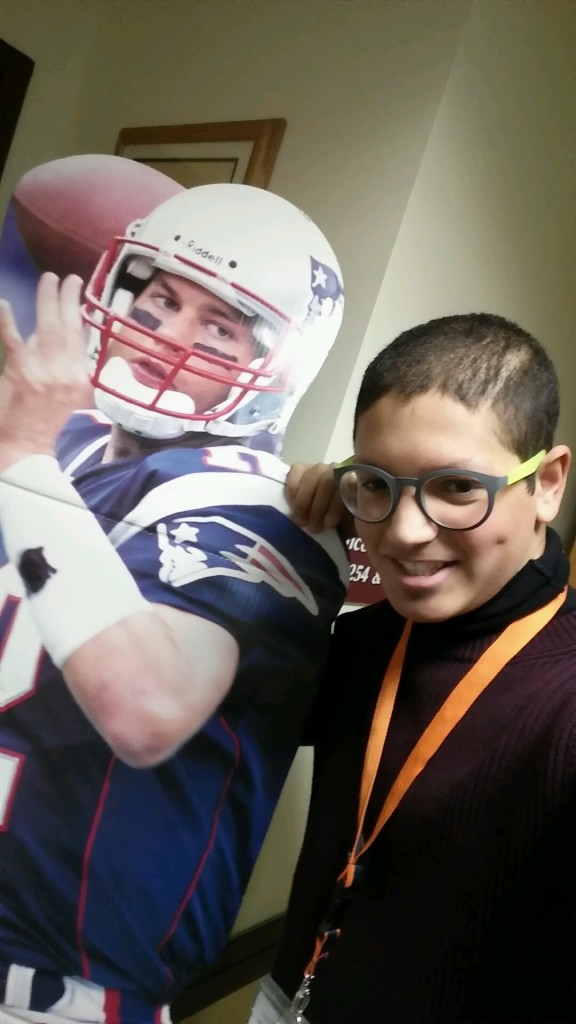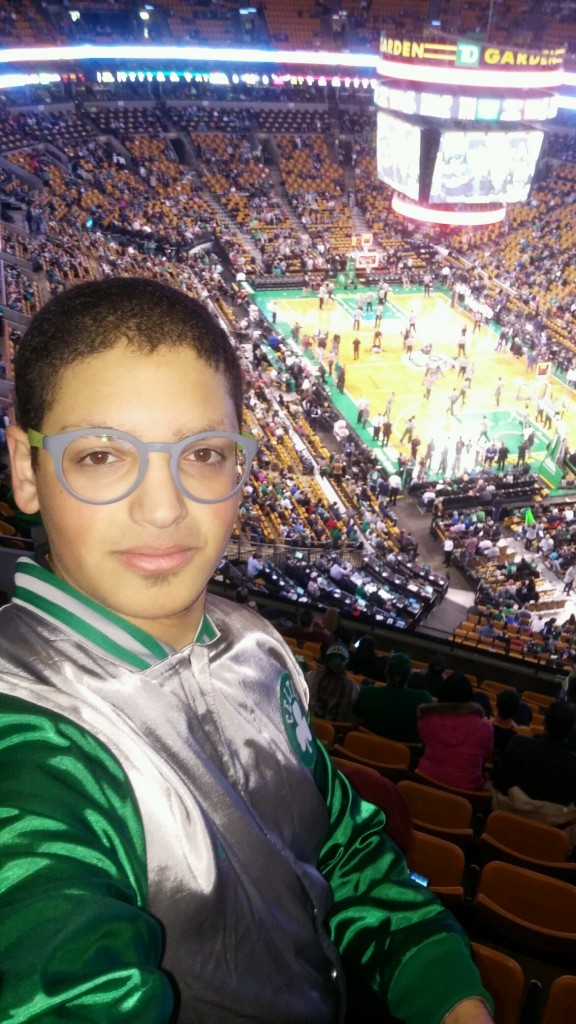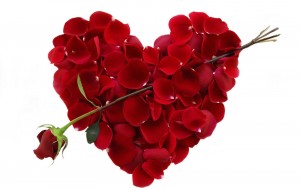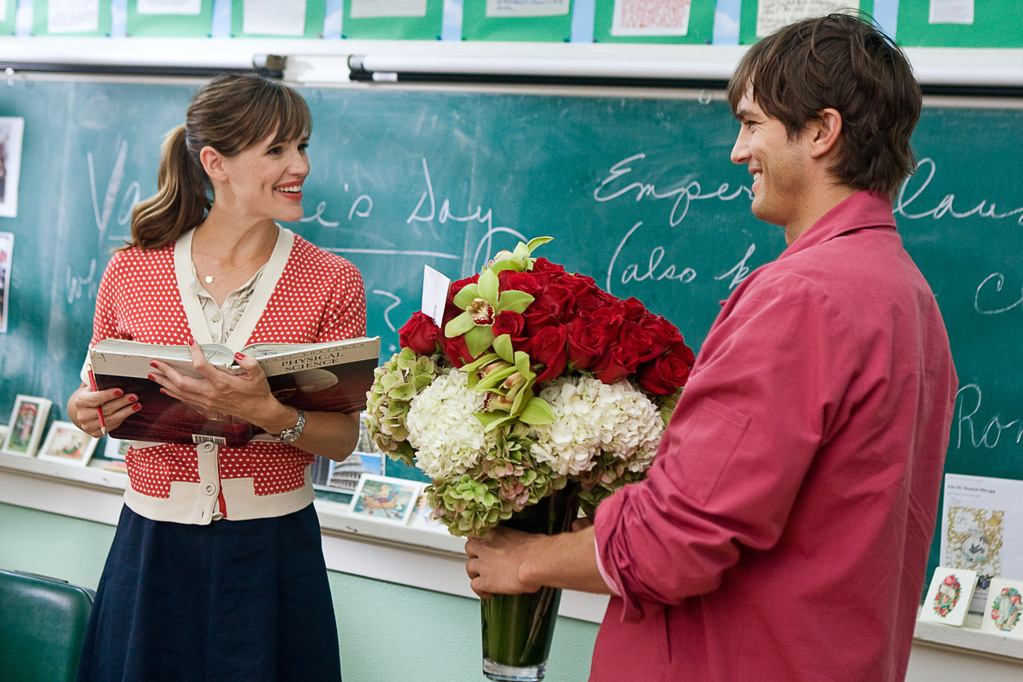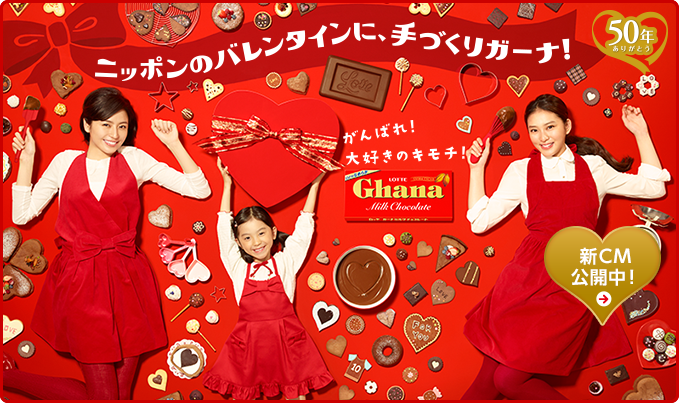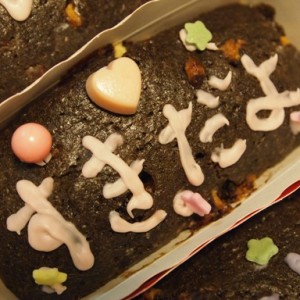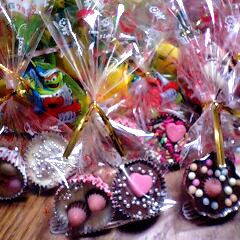Written by Sihun Kim
Photos by Rina Hirate
February 19th is New Year's day in the lunar calendar. On this day, many Korean people eat a special dish, Tteokguk (Rice cake soup). Korean people eat it to celebrate the New Year because they believe that eating rice cake soup will bring them good luck and symbolically adds one year to their age. This dish is usually made with beef soup and slices of white rice cake. Why don’t we draw beautiful pictures in our heart for the New Year with this New Year's day dish and say SaeHae Bok MaNi BaDeuSeYo (Happy New Year / Please receive a lot of luck in the New Year) to your family and friends!
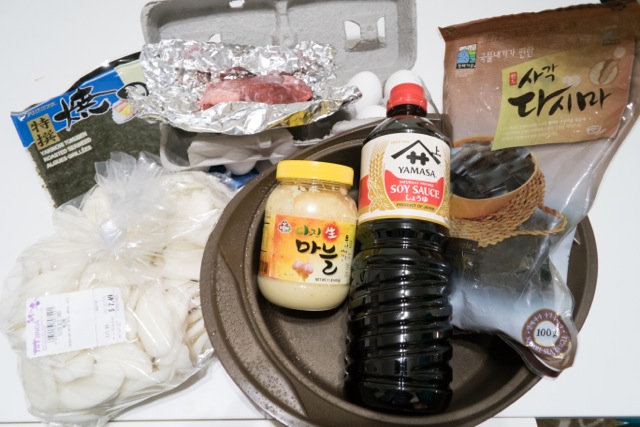
Ingredients (3 servings) :
24 oz (1.5lb) Sliced Rice Cakes (for Tteokguk)
0.4lb Beef (* chicken)
2 Slices Dashima, Korean Kelp (* Kombu, Japanese Kelp)
3 Spoons Ganjang, Korean Soysauce (* Sho-yu, Japanese Soysauce)
1/3 Spoon Salt
1/3 Spoon Minced Garlic
1 Whipped Egg (or Fried egg)
Some Dumplings
(* can substitute)
Directions :
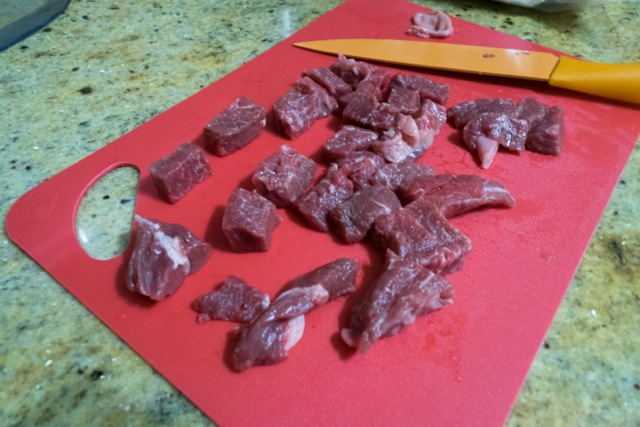 1. Cut beef and put them into water and wait for 30minutes to reduce blood.
1. Cut beef and put them into water and wait for 30minutes to reduce blood.
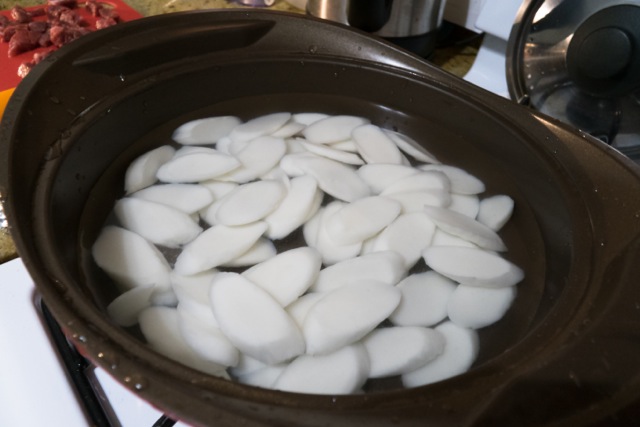 2. Soak Rice cake in water for 30 minutes.
2. Soak Rice cake in water for 30 minutes.
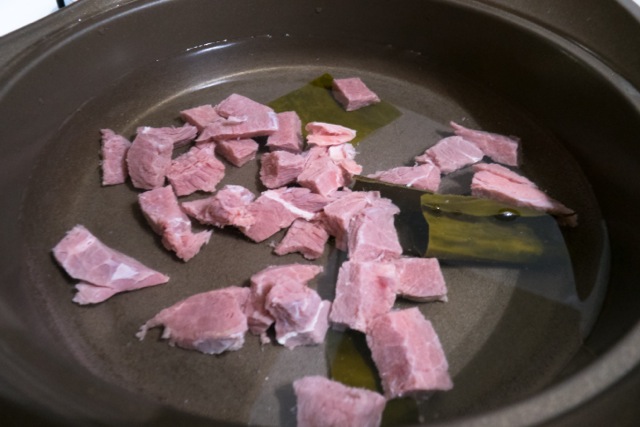 3. Put 1000cc water with beef, two slices of kelp in a heavy pot and boil.
3. Put 1000cc water with beef, two slices of kelp in a heavy pot and boil.
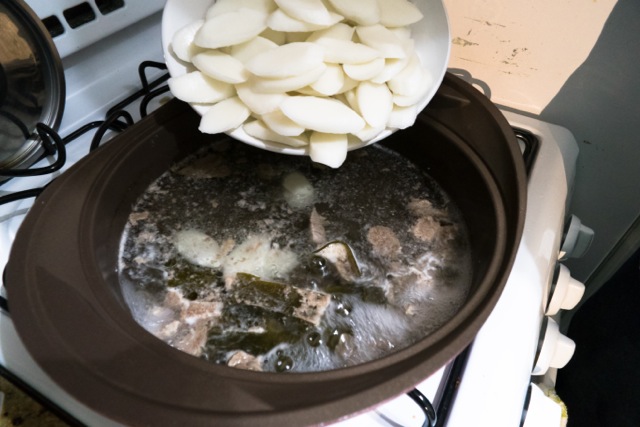 4. Put rice cakes in the boiling water.
4. Put rice cakes in the boiling water.
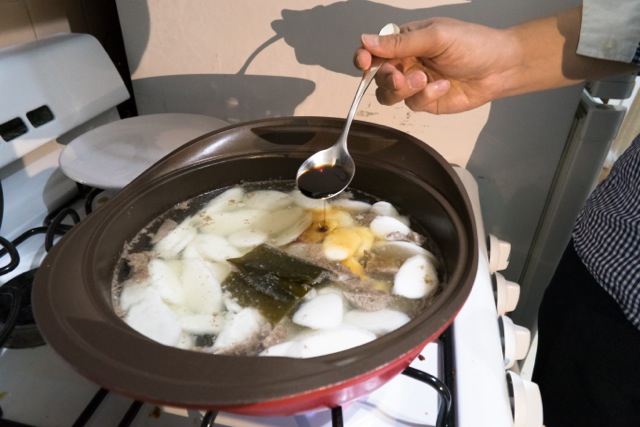
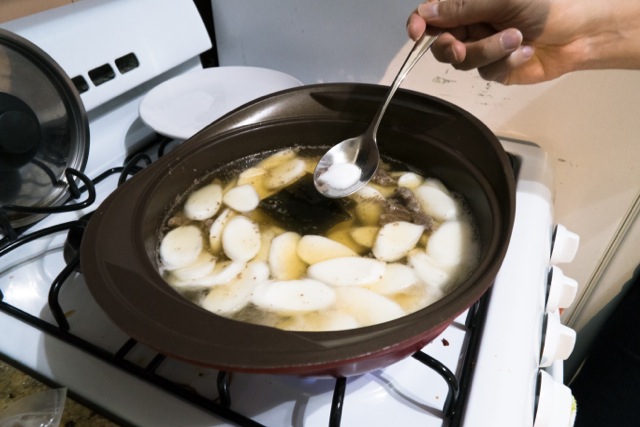 5. Put 3 spoons soy sauce, 1/3 spoons salt, and 1/2 spoon minced garlic into the soup.
5. Put 3 spoons soy sauce, 1/3 spoons salt, and 1/2 spoon minced garlic into the soup.
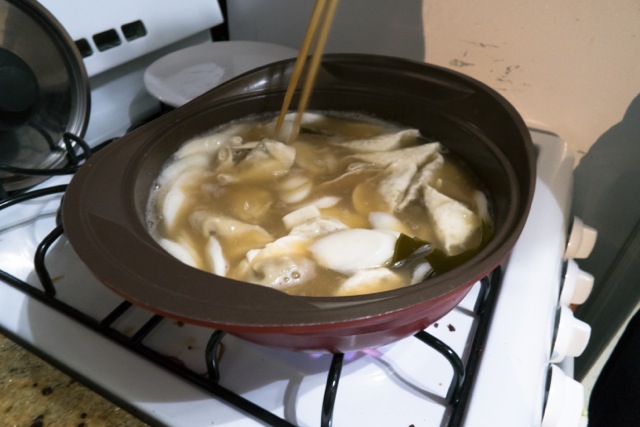 6. Put some dumplings and cook slowly until the soup is thickened.
6. Put some dumplings and cook slowly until the soup is thickened.
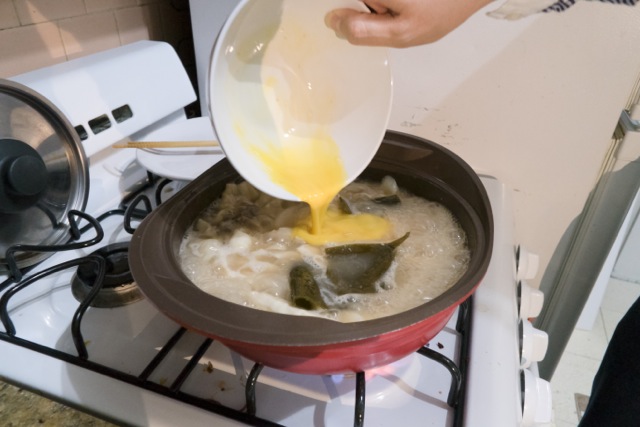 7. Put whipped egg into the soup.
7. Put whipped egg into the soup.
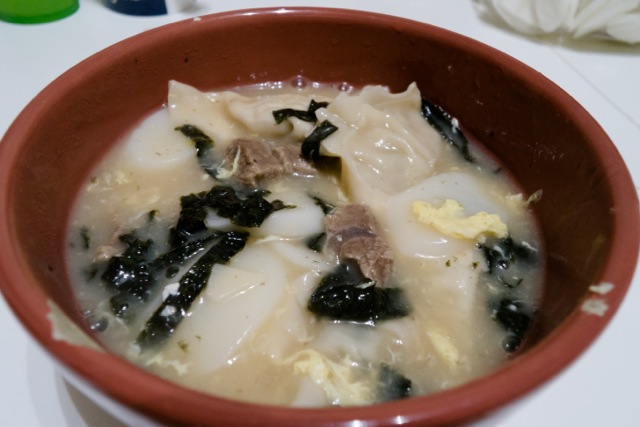 8. Turn off the heat and put seaweed on the top
8. Turn off the heat and put seaweed on the top
9. Let’s enjoy delicious Tteokguk and add one year to your age!
Where Can I buy Ingredients?
* Mirim Oriental Groceries (Korean) : Harvard Avenue, Green B line, Allston - All Ingredients
* H-Mart (Cambridge branch / Korean) : Central Square, Red line - All Ingredients
* Reliable Market (Korean) : Somerville - All Ingredients
* Cherry Mart (Korean): Hynes Convention Center Station, Newbury Street, Boston
* H-Mart (Korean) : Burlington - All Ingredients
* Super 88 (Chinese) : Packards Corner, Green B line - Rice Cakes, Soy sauce, Beef, Dumplings, Egg
* Trader Joe's - Soy Sauce, Beef, Dumplings, Egg
* Star Market/ Shaws - Soy Sauce, Beef, Egg
Related articles
